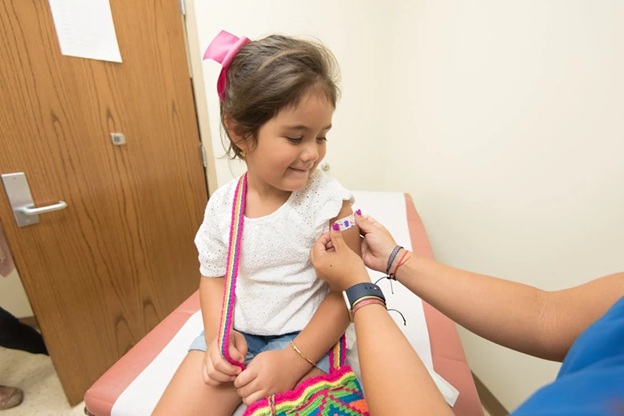Pediatrics is more than just childhood healthcare. It is a critical field that shapes long-term health outcomes for individuals. From newborn care to adolescent support, pediatricians ensure children receive the right start. This journey is not just about treating childhood illnesses. It is about building a strong foundation for a healthy life.
Early Childhood Care Sets the Foundation
The earliest years of life are crucial. Pediatrics ensures that children receive proper care from birth. Regular checkups, developmental assessments, and growth monitoring are part of this process. Pediatricians guide parents on everything from breastfeeding to sleep routines.
This early care is not just about immediate health. It establishes habits that continue into adulthood. Children who receive proper guidance are more likely to grow into healthy adults. Early interventions also help identify any developmental delays.
Pediatric Nutrition Shapes Lifelong Habits
Nutrition is one of the core aspects of pediatrics. Pediatricians advise parents on balanced diets for children. They emphasize the importance of vitamins, minerals, and healthy eating patterns. This guidance helps prevent childhood obesity and related health issues.
Proper nutrition in childhood is not just about avoiding diseases. It creates habits that children carry with them for life. A child who learns to eat a balanced diet is more likely to maintain it as an adult. Pediatricians also educate parents on the dangers of excessive sugar and unhealthy snacks.
Vaccinations Secure Long-Term Immunity
Vaccinations are a key component of pediatrics. Pediatricians ensure children receive immunizations on schedule. These vaccines protect against life-threatening diseases like measles, polio, and hepatitis. They are a shield that extends protection far beyond childhood.
The impact of vaccinations goes beyond individual protection. When a significant portion of the population is vaccinated, it creates herd immunity. This protects even those who cannot receive vaccines due to medical conditions. Pediatrics plays a vital role in maintaining community health.
Mental Health Support Begins with Pediatrics
Mental health is an integral part of overall well-being. Pediatrics addresses this from an early age. Pediatricians are trained to recognize signs of anxiety, depression, and behavioral issues. They provide support and guidance to children and their parents.
Early intervention in mental health can change the course of a child’s life. Children who receive support are better equipped to manage stress and emotional challenges. The pediatrics ensures that mental health is given the same importance as physical health.
Chronic Conditions Are Managed from Childhood
Some health conditions start early but continue into adulthood. Pediatrics is crucial in managing these conditions. Whether it is asthma, diabetes, or congenital heart disease, pediatricians provide ongoing care. They help parents understand how to manage these conditions.
Children with chronic conditions receive personalized care plans. These plans include medications, lifestyle recommendations, and regular monitoring. Pediatricians ensure that these children can lead active, healthy lives despite their conditions.
Conclusion
Pediatrics is the foundation of lifelong health. From early childhood care to mental health support, pediatricians guide children toward healthy futures. Their influence extends beyond childhood, shaping habits, preventing diseases, and ensuring early interventions. Proper pediatric care means more than just treating illnesses. It means empowering children with the knowledge and habits they need for a healthy life.




